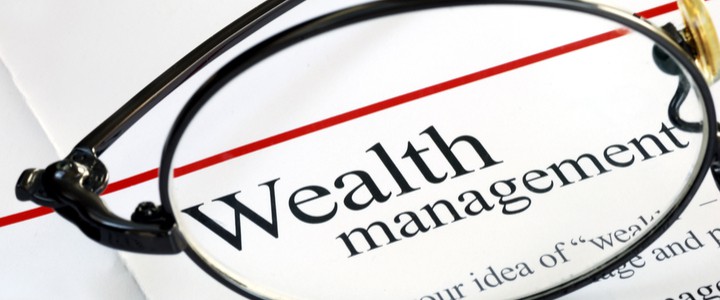
When your business starts to flourish financially, many directors and partners are faced with a fresh set of challenges. What are some of the financial planning considerations that apply to business owners? We’ve outlined a few ‘best practices’ for business owners to consider when it comes to taking money out of their business and minimising taxes.
Changes in rules for dividends
If you draw dividends from your business, you may have already felt the impact of a change in rules last year. In April 2016, the 10% tax credit on dividends was abolished and a £5,000 tax-free dividend allowance was put in place. Therefore, any dividends above this level are taxed at 32.5% (higher-rate), 38.1% (additional-rate) and 7.5% (basic-rate).
Any dividends received on shares held in ISAs or pensions remain unaffected by this change. But dividends on shares in any personal investment portfolios will go towards this limit. So if you are in discussion with your accountant about the dividends you draw, make sure they know if you receive dividends from other sources too, because this could affect their advice to you (and the tax you would pay). Speak to one of our financial planners for more details about this.
How do I make my business more tax-efficient?
Putting some of your profits into your own pension plans can reduce your corporation tax bill. Another nice idea is to think about how your pension plan can actually be used to benefit your business. Some specialist Self Invested Personal Pensions (SIPPs) can be used to buy commercial property or land, which can then be let to your business – making you the landlord and tenant. This is a really tax-efficient way of owning a property and extracting money out of the business for you to benefit from later in life.
SIPPs can also borrow money commercially, which can boost the funds available to buy your new office, factory or shop (for example).
As well as it being tax-efficient business financial planning, it also helps safeguard some of your profits. Money held in your pension fund is ring-fenced from business creditors. So if the business struggles in the future and your factory is in your pension fund, it’s protected.
If this is something you would like to know more about, please get in touch with one of our financial planners.
Protecting your people and assets
Another key thing to think about with your business planning is what would happen if any of the shareholders of key people passed away or were unable to work long-term. Who would run the business? Would there be enough money to recruit a replacement? What would happen to the business shares? If you don’t have a shareholder’s agreement these shares could well pass to a spouse on death and out of the other shareholders’ control. If they want to buy those shares from the spouse, they will need to have the money available to do so and, ideally, an agreement in place which states the shares must first be offered to them before any third party.
There are two vital points to put on your next management meeting agenda: shareholders’ agreement and insurances. Most business owners need a shareholders’ agreement which is set up through a lawyer, setting out what would happen to the shares on death, serious illness and also if the shareholder wants to sell up in good health.
Most businesses also need insurance policies in place that would pay out a lump sum sufficient to buy the shares back on a shareholder’s death. These insurance policies are usually called Shareholder Protection or Key Person / Key Man Protection. It doesn’t take long to get these insurances in place, and it could be the difference between tragic business failure and business success.
If you’re a business owner and you would like a financial review to help you manage your wealth, then please get in touch and speak to one of our financial planners.


